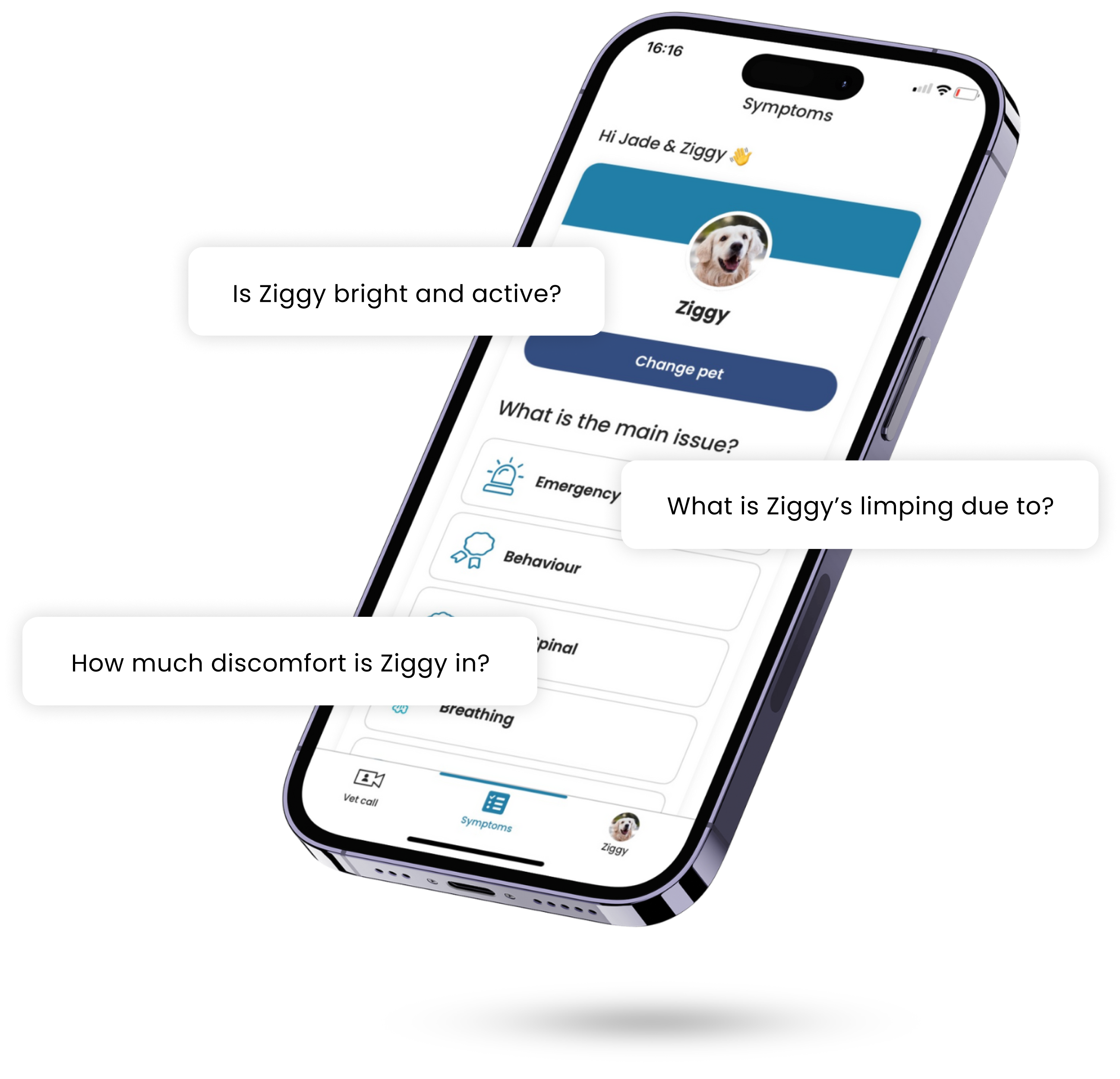Anal gland abscesses are much less common in cats compared to dogs. The anal glands are two sacs that are located on the inside of the anus. They should normally empty when your cat poos, but if they don’t, the liquid builds up and can lead to an abscess. Anal gland abscesses are often very painful and need prescription medication to heal. If they are caught early, diagnosis and treatment are usually straightforward.
Causes
Anal gland abscesses are commonly caused by bacterial infections. Infections often start due to anal gland blockage or impaction.
Risk
These factors can lead to an increased risk of anal gland problems:
Low-quality or inadequate diets, or those with too little fibre
Soft stools, diarrhoea, and infrequent bowel movements
Skin conditions, feline inflammatory bowel disease, and allergies
Obesity
Symptoms
Abscesses usually appear as red, painful swellings on the side of the anus. They may rupture and produce a foul-smelling liquid containing pus and blood. Other symptoms include:
Scooting, dragging, or rubbing their bottoms on the ground.
Licking or chewing around the tail, anus, and back legs.
Straining or discomfort when passing faeces.
Becoming withdrawn or grumpy
Diagnosis
Diagnosis is usually based on the appearance of the abscess. At first presentation, the gland is usually too painful to empty and assess.
If your cat gets recurrent issues, your vet may recommend flushing and/ or swabbing the gland. This test is usually done to see what germs are growing and what the best medication is to treat them.
Treatment
Antibiotics and pain relief medications are often used, as this condition is painful. Surgical treatment might also be required if the abscess has not already burst open.
How to help at homeUse a warm compress on the area to relieve some discomfort. You can do this for 5-10 minutes and repeat it 2-3 times daily.
Keep the area around the bottom as clean and dry as possible.
Add fibre to the diet, such as canned pumpkin, bran flakes, or probiotic paste. This can help to firm up the stool in the short term.
Prevention
Good-quality, complete cat food is extremely important. Changes in the stools are one of the main causes of the glands filling up.
Use anal gland supplements for cats. These can prevent anal gland problems from returning.
Keep your cat in a healthy body condition and provide adequate exercise.
Recurrent anal gland problems are rare in cats. Get the anal glands emptied regularly with your vet if they show symptoms.
What to expect
The anal gland abscess should resolve in 1-2 weeks with appropriate treatment. Your vet will likely recommend a repeat check after a few days or a week. This is important to check if the problem has been resolved or if further medication is needed.
Anal gland problems can become a recurring problem if cats have underlying allergies, obesity, or chronic stool problems. Special diets and supplements can help minimise the issue.

















